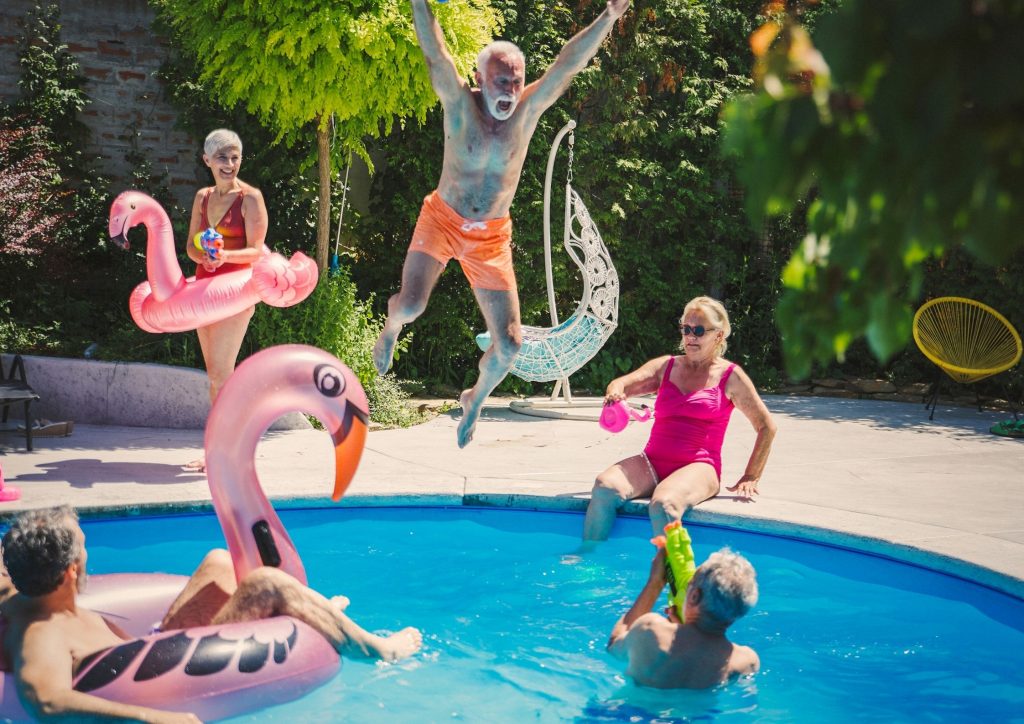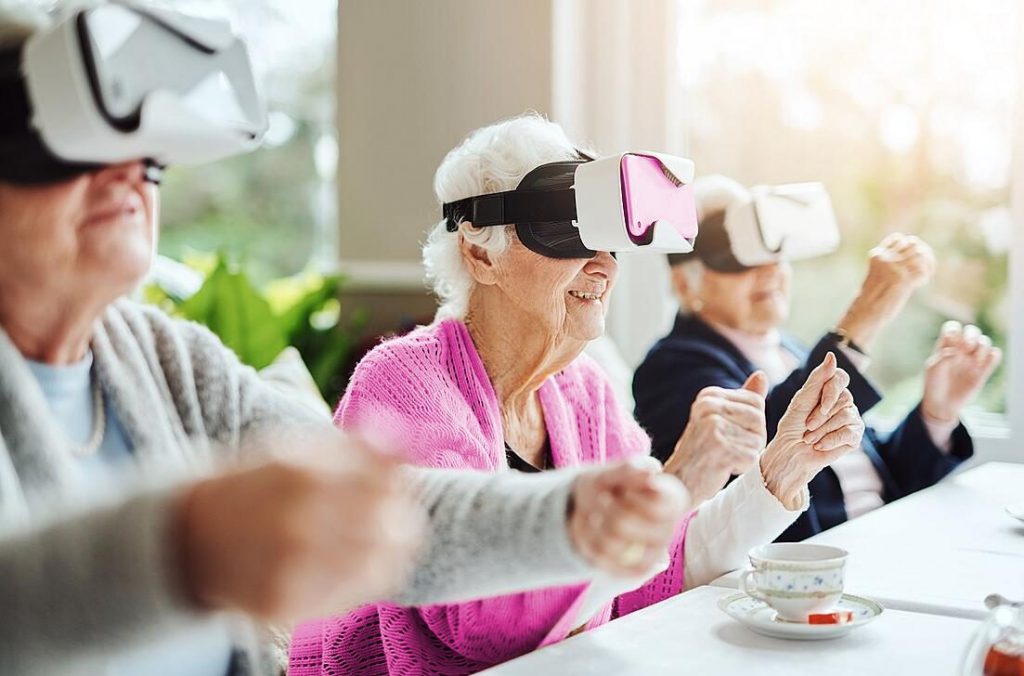Why Knowing Your Real Age Is The Key To Happier Ageing
How old would you be if you didn’t know how old you are?
“We don’t stop playing because we grow old. We grow old because we stop playing.” George Bernard Shaw
One of the secrets to unlocking the Power of Happier Ageing is realising that you really are only as old as you feel. Yes, there is the reality of a birth date that marks the number of years you’ve been alive. But that should not determine what you’re capable of. You could, according to scientists, be biologically 10 years or more younger, depending on both your physical and psychological habits. So let’s take a look at how old you might actually be:
Chronological Age
Each year we will, if we are lucky, turn another year older. Our chronological age is how old we are based solely on the passage of time. We cannot change our chronological age and most of us accept this as the norm. People behave accordingly and describe behaviours by likening them to particular ages or stages of life. Sleeping “like babies”, approaching activities with “youthful exuberance”, becoming “too old” to learn something new.

Our chronological age has no consideration for external factors. If you were born 60 years ago you are, chronologically speaking, 60 years old. And as our chronological age progresses there is no doubt that we will experience change that lets us know we are, in fact, ageing.
Physical
Physical changes are most noticeable as we age chronologically and are most often linked to our sense of growing older. We lose, on average, 5 percent of our muscle mass every 10 years after the age of 35. Muscles impact not only our strength, they are responsible for keeping our metabolic system intact. They protect against metabolic and hormonal decline, obesity, diabetes, and cardiovascular disease. Loss of muscle can equate to a general loss of physical energy, a tendency to gain excess weight, increased vulnerability to disease, and accelerated ageing.
Cognitive
There is an unwritten assumption that we will stop working when we reach a certain age. For most of us, the role we play to support ourselves or our families gives us a sense of purpose and satisfaction. After retirement we may have fewer opportunities for our brains to think critically and learn new things.
Emotional & Mental
The physical changes we experience can have both a direct and indirect impact on our health. For example reduced mobility can not only lead to misplaced feelings of inadequacy but can also reduce our ability to maintain social connections with friends and community. This leads to the risk of disconnection, social isolation, loneliness and a 26 percent increased risk of mortality.
Biological Age
When you consider the impact our environment and lifestyle choices have on our physical, emotional and cognitive health it is no surprise that our biological age is more important than our chronological age. Our biological age is the cumulative result of everything that has impacted on the our health and the function of our cells during our life. A person who has chosen to eat well, exercise, never smoked, consumed alcohol moderately or not at all, surrounded themselves with friends, family and community and felt a sense of purpose throughout their life is likely to have a lower biological age than their chronological age. On the flip side, a person who has no regard for their health and wellbeing, is disconnected from friends and family and has no sense of purpose will be likely to be older biologically than their chronological age.

Scientists can now test people to show them how their lifestyle choices are impacting their ageing process. For a simple version of this test, you can visit biological-age.com and learn your biological age!
Psychological Age
Most importantly however, our biological age is hugely impacted by how we think and feel about our life. Stress, anxiety and feelings of a lack of possibility can reduce our lifespan by up to 7.5 years. It is this psychological age – how we view ourselves and where we are at in our life – that has the greatest impact on how we age, greater than a healthy diet and exercise, greater than choosing to smoke or not smoke and greater than any socio-economic factors.
The placebo effect illustrates beautifully the power of the mind and how perception can influence an outcome. The placebo produces a positive outcome because the patient believes they are receiving a useful treatment. As Harvard psychologist Dr Ellen Langer says: “Wherever you put the mind, you’re necessarily putting the body.”
So back to that question: how old would YOU be if you didn’t know how old you are?
At Nurse Next Door, we are passionate about Making Lives Better. If you want to celebrate ageing click here to learn more about The Power of Happier Ageing or contact us today on 1300 600 247 to discuss how Nurse Next Door can help you keep doing what you love.
